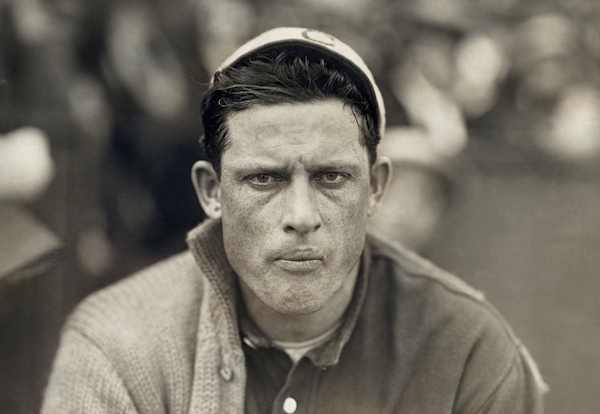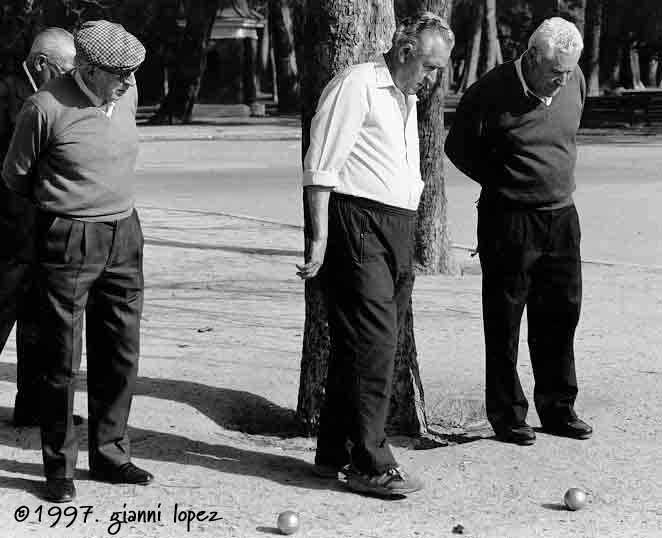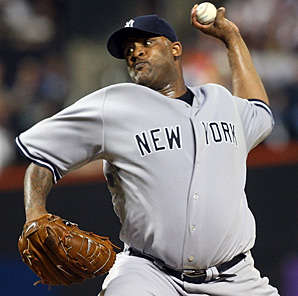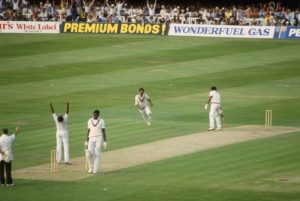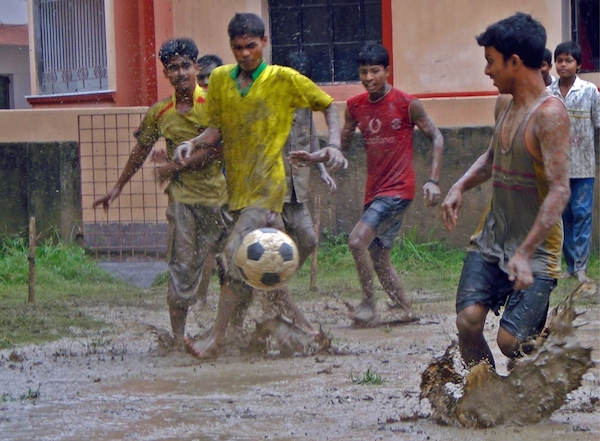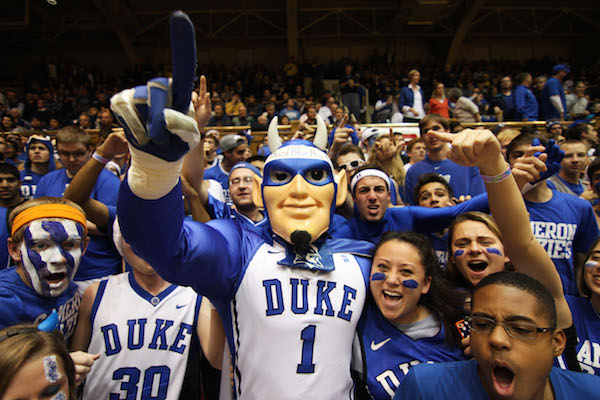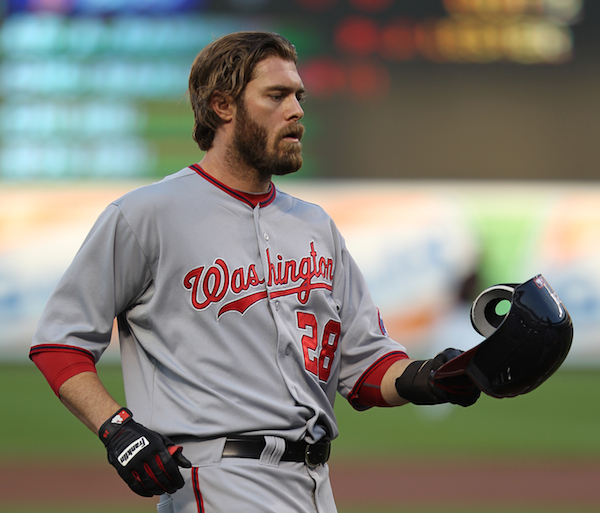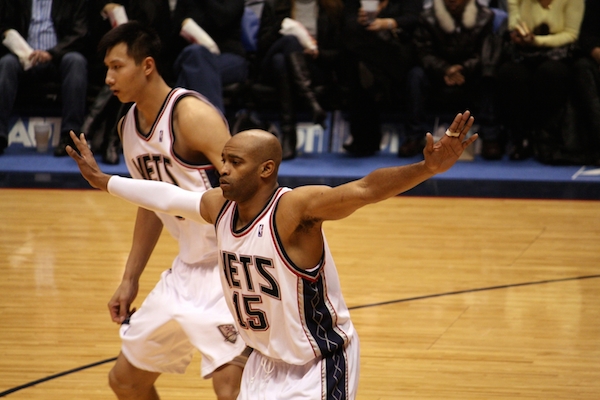Dear Sports Fan,
I want to go to a baseball game and wear a baseball cap but I don’t like the home team’s colors. What are my options?
Unknown female name rhyming with Bill
Dear Jill,
It seems to be fashion week here at Dear Sports Fans. If you missed it, glance back at Monday’s column when Dean Russell Bell helped you pick out the perfect sports jersey for your persona. If you look closely he will also answer the age-old question of why baseball players wear belts. (Hint: the answer is not to hold in their rather athletic guts.)
Today’s question, though, is a hat of a different color, or to be more precise, whether or not it is acceptable to wear one to a baseball game.
In my mind, sporting events are in many ways, like a costume party. You have: your neighbor who has spent every waking moment since last October planning out and putting together the perfect customized costume; the group that upon receiving the invite spend about a week putting together a solid outfit; the couple in your office who will run to the store at the last minute and just pick up whatever costume is still available; the girl who shows up in lingerie and black fuzzy ears and tells everyone that she is a cat; and, of course, the guy who will talk non-stop about how stupid and juvenile it is to wear a costume every single day until the party and then show up without a costume at the party to continue his tirade
For you Jill, I think we can immediately rule out the first and the last. Your objections to wearing a specific colored hat clearly indicate that you are not about to forgo the hat for a full mascot costume or body paint. On the other hand, given that you are making the effort to wear a hat at all, I think we can safely rule out our costume curmudgeon. Both are ok. No one expects you to become super crazy fan overnight, and everyone is thankful that you aren’t going to attend the event just to be the downer in the corner.
That leaves you with three other options for finding the perfect hat:
First, if you see yourself as the last minute couple, willing to make the effort but not overly concerned about the result, I think we can find you a hat that would work. These days baseball hats are not only a way to support a team but also a fashion trend. As such, you can buy a team logoed hat in just about any shade or design you want. If you don’t want to be completely off the wall in your hat choice, try to find a hat that has some relation to your team colors. Many teams have accent colors that they incorporate into logos or gear that might be a good alternative. In addition, all baseball teams have an alternate or third jersey that they have or will use on occasion.[1] Sometimes those jerseys involve very different colors that you could consider.
Or, if you are a kitty cat kind of girl, then there is a Pepto-Bismol pink hat with your name all over it. Some marketing genius in the sports world decided that girls who watch sports are only comfortable doing so in a bumble gum pink hat adorned with rhinestones and glitter. Despite what my derisive tone my lead you to believe, this isn’t actually a terrible option, if you happen to like pink. They do have some more subtle pink options, and the hats are official team merchandise so they support your team and the league.
And lastly, and my personal preference, if you are a member of the group, you will realize that the best way to have fun at any type of social event, but especially a sporting event, is to get into it and let yourself have fun. Go ahead and buy the hat in the official team colors. The worst that happens is that you own an ugly hat that you will only ever wear when surrounded by a giant crowd of people all similarly adorned in ugly colored garb. It’s just a hat. You can easily hide it in your bag and then put it on when you walk into the stadium. And who knows? Maybe you will let yourself have enough fun that by the end of the game, you might just forget to remove that ugly hat before you walk out of the stadium.
Have fun,
Lisa Filipek
- According to Wikipedia, the NY Yankees are the only teams without a third jersey. I am going to go out on a limb here and assume that the colors that bother you aren’t navy blue and white.↵

